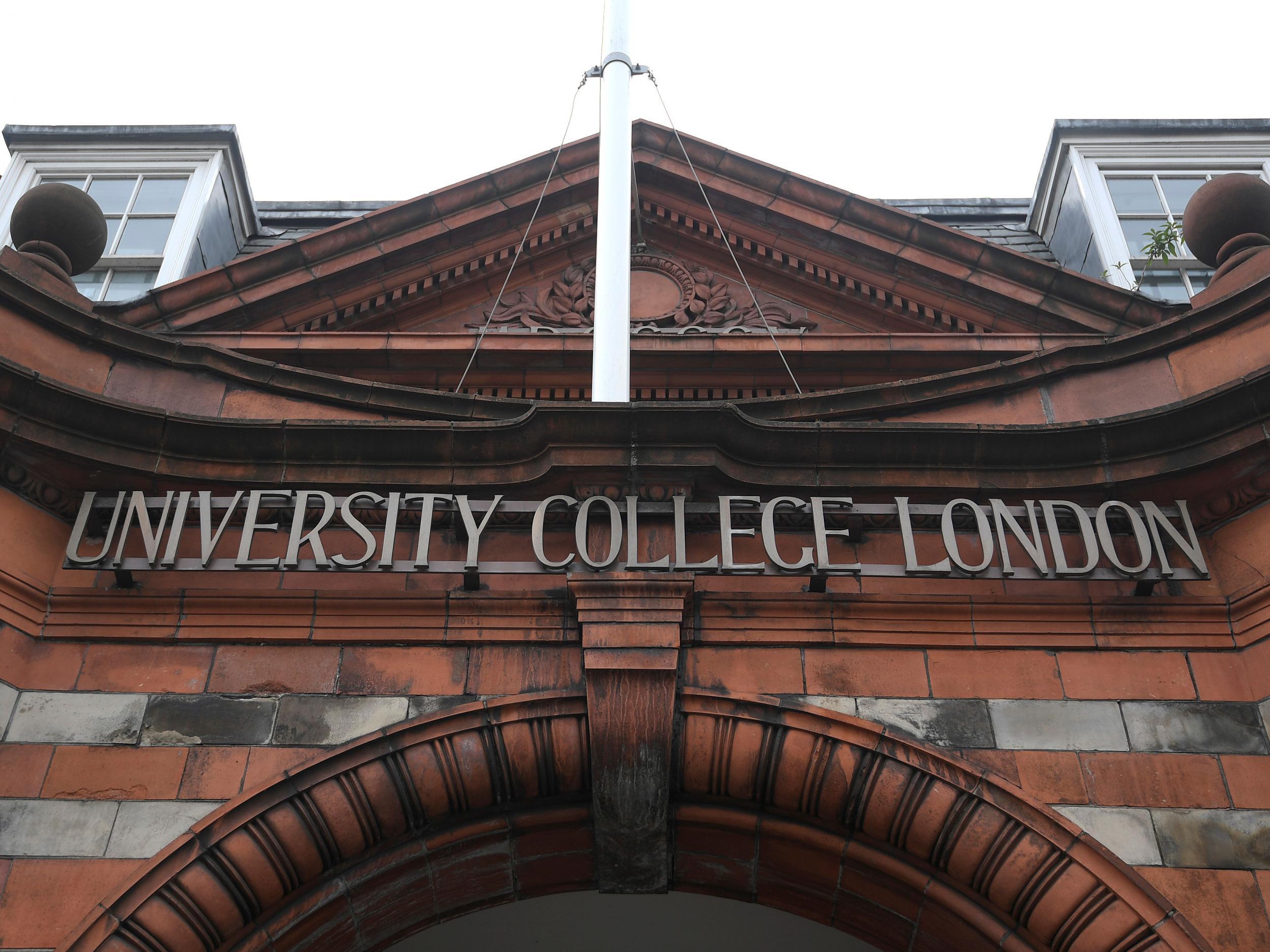'Outsourced workers' file landmark legal case that could revolutionise employment rights in UK
Receptionists, security officers and porters may work at the University of London but they are technically employed through a facilities management company

Support staff at the University of London are launching a landmark legal challenge over pay and the conditions under which they work, in a case that could change the lives of outsourced workers across a slew of industries nationwide.
On behalf of receptionists, security officers and porters, who work at the University of London but are technically employed through a facilities management company, the Independent Workers’ Union of Great Britain (IWGB) on Tuesday said that it was filing what it called a landmark test case.
It will argue that those workers have the right to collectively bargain over pay and conditions directly with the university.
Denying these workers the right to collectively bargain with their de-facto employer is a breach of article 11 of the European Convention on Human Rights, the union will argue. The case is being filed before the Central Arbitration Committee.
Under current law, workers are only allowed to collectively bargain with their direct employer. If the IWGB is successful, however, the case could open the doors for workers throughout the UK to collectively bargain with their de-facto employer as well as their direct employer, said the union.
“When it comes to the most important elements of pay, and terms and conditions for the outsourced workers, it is the University of London and not [facilities management company] Cordant which calls the shots,” said IWGB general secretary Jason Moyer-Lee.
“In order for these workers’ collective bargaining and human rights to mean anything, we need to be able to negotiate directly with the university, not the glorified middle man.”
Henry Chango Lopez, who is a porter at the University of London, said that despite working for the university just like any other employee, “even to the point of being given orders by the institution’s managers”, he is “denied basic rights and treated like a second-class worker”.
John Hendy QC and employment law barrister Sarah Fraser-Butlin will represent the IWGB. The case will also be backed by the Good Law Project, an organisation founded by barrister Jo Maugham QC.
“The treatment of workers engaged by faceless outsourcing companies, often with marginal skillsets and modest bargaining power and little influence, can be hidden from view,” Mr Maugham said.
“The law must operate in the real world. And if, in the real world, the brand can also be said to be the employer, it will not be able so easily to shuck off its responsibilities,” he added.
The union also said that outsourced workers would be striking at the University of London on Tuesday.
Join our commenting forum
Join thought-provoking conversations, follow other Independent readers and see their replies
Comments